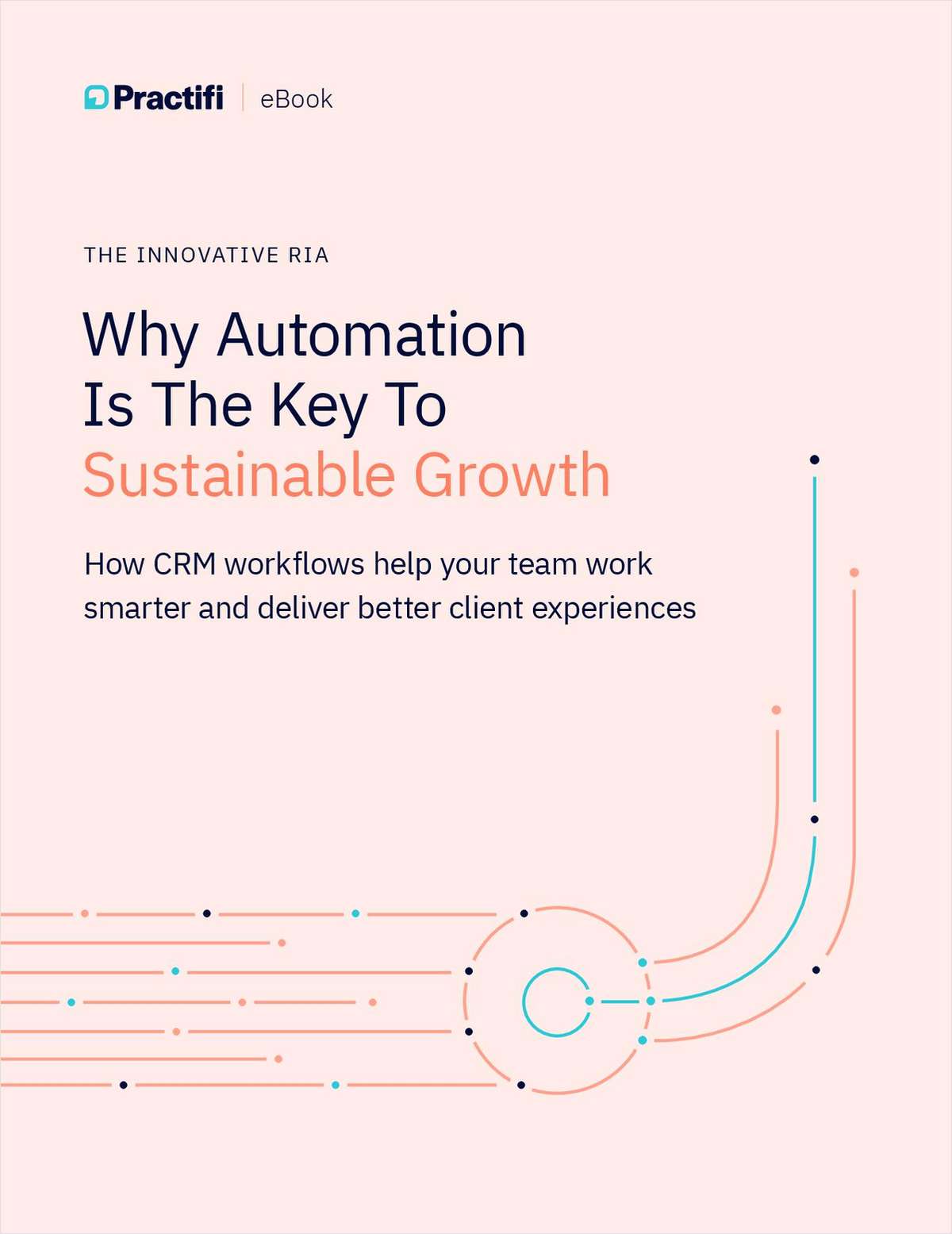
Republicans and Democrats in the Senate showed this week that they can agree on the need to help older Americans and those with dementia.
Members of the Senate voted unanimously to approve the latest version of the Older Americans Act Reauthorization Act of 2024.
One section of the bill, an Enhancing Access to Assistive Technology section, could help clients deal with an exasperating problem: Finding telephones, computers and other technology systems suitable for the needs of clients who are suffering from mild or moderate cognitive impairment and who find devices aimed at younger people impossible to use.
The section would push states to do more to help older residents find and use assistive technology.
The bill, introduced by Sen. Bernie Sanders, a Vermont independent who has aligned himself with the Democrats, would authorize $2.8 billion in federal funding for elder support programs in 2025 and $15 billion in funding from 2024 through 2029. Congress would still have to appropriate the cash needed to support the spending authorization.
Before the bill can become law, it must pass the House. The House could approve it as a stand-alone bill or add it to one of several defense spending, disaster aid or general government spending authorization packages that congressional leaders hope to pass by mid-January.
What it means: If the assistive technology section works, some of your clients may be able to put off using formal long-term care services longer, because they will have an easier time talking to their relatives, health care providers and you without help from others.
Bill details: The Older Americans Act Reauthorization Act would extend the life of a law that has been in place since 1965. Most of the reauthorization bill provisions focus on programs that serve low-income people, such as programs that provide meals for low-income older adults.
But some of the provisions could affect older people at all income levels.
One, for example, calls for federal regulators to improve training of the volunteers who staff State Long-Term Care Ombudsman Program offices. Improvements in that area could help clients, and relatives of clients, who have concerns about the quality of care the clients are getting in nursing homes and other facilities.



